Book review: The Power of Habit by Charles Duhigg

"Companies aren’t families. They’re battlefields in a civil war." Charles Duhigg In Product Development, where “continuous improvement” can sometimes feel like “constantly not getting it right”, we’re always searching for advice on how best to move from a fixed mindset to a growth mindset. A fixed mindset is that we’re ok with where we are. Ex: "We can’t get customer feedback in 3 hours, because it’s not what we do.” A growth mindset is one where we believe are abilities are due to our actions. Ex: “If we include the customer in planning we might be able to get feedback every hour.”In a fixed mindset, we stick with what we know how to do to keep up the confidence, where in a growth mindset, development flaws don’t have any egos attached, the flaws just flow to the backlog as lists of things to improve. But what if are still struggling, and our actions aren’t making improvements?
Charles Duhigg wrote a great book about how habits affect actions, it’s called “The Power of Habit: Why we do what we do in life and business.” Reading the book, (and it’s one very dog-eared book that I go back to often), it changed how I look at my actions, my teams’ actions, and how these actions are impacted by habits: both good and bad. Reading this book you will be astounded at how much your daily life is governed by habit: not by decisive actions, but by habit. (Just merely observing the habits involved in brushing my teeth was an amazing revelation of the number of habits instilled into a day.)"Most economists are accustomed to treating companies as idyllic places where everyone is devoted to a common goal: making as much money as possible. In the real world, that’s not how things work at all. Companies aren’t big happy families where everyone plays together nicely. Rather, most workplaces are made up of fiefdoms where executives compete for power and credit, often in hidden skirmishes that make their own performances appear superior and their rivals’ seem worse. Divisions compete for resources and sabotage each other to steal glory. Bosses pit their subordinates against one another so that no one can mount a coup."Everyone has habits, good and bad. Little did I understand the science behind these habits and how individuals, companies, and cultures can use the scientific study to transform almost anything. In this book, Charles Duhigg describes the mechanism of habit creation, and the steps needed to modify habits. First read the book, then examine one of your own habits for improvement. Whatever it is (chewing too much gum, eating too many cookies, smoking, etc.) After you’ve played with the tools, then explain the habit cycle to your team and begin observing the habits involved in your product development. Once you know a habit exists, you can take the responsibility to change it. In fact, many companies are already successfully dealing with habits just enough to keep the status quo alive.
What we’d like you to try is finding the habit you want to improve upon in your product development, decide to change it as a team, and try an experiment. Hint: Keep the old cue, deliver the old reward, but insert a new routine!"Yet despite this capacity for internecine warfare, most companies roll along relatively peacefully, year after year, because they have routines – habits – that create truces that allow everyone to set aside their rivalries long enough to get a day’s work done."

